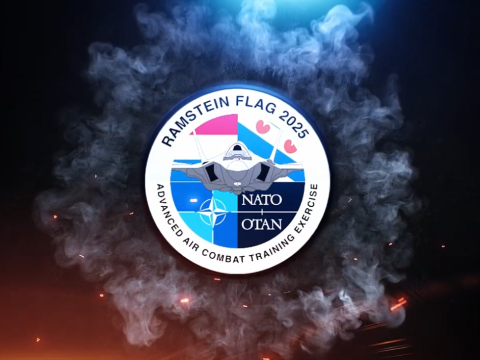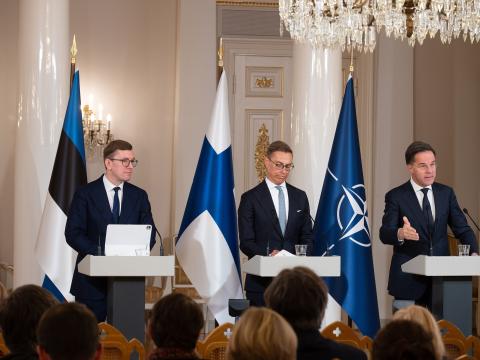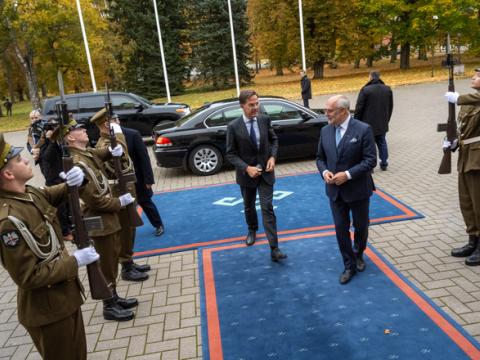NATO Undertakes Major Overhaul
NATO's sweeping realignment over the next year reduces the number of its agencies from 14 to three. The agents of this change say it's necessary if NATO is to remain efficient, streamlined and relevant.
Since its founding in 1949, NATO has experienced numerous growing pains. Next up: NATO is undergoing a huge reduction in the number of its agencies-a move that aims to greatly streamline operations. The NATO realignment, planned for implementation by June 2012, will consolidate its 14 agencies down to just three. George I. Seffers examines this effort in his article, "And Then There Were Three," in this issue of SIGNAL Magazine. This reduction aims to bring about agency reform and a change in command structure. The goal is a leaner, more effective NATO. It plans to stand up the following agencies: the NATO Procurement Agency; the NATO Support Agency; and the NATO Communications and Information Agency. Each has specific goals, detailed in Seffers' article. In June, Anders Fogh Rasmussen, NATO secretary general, announced the plan's approval by NATO's defense ministers. Under this effort, he explained, agencies will become simpler in structure while staying effective:
Together, these reforms will make NATO more affordable.... They will make NATO more effective. They will deliver an alliance which is fit for the future-defending us against the threats of today and of tomorrow.
This month, NATO is to appoint general managers to the new agencies, which will begin assuming responsibilities of its previous agencies. It also intends to create a science and technology organization and a NATO Undersea Research Center. Richard Froh, NATO deputy assistant secretary general for defense investment, admits that some may resist changes, but he says reform is essential:
NATO is like a living organism. It has to grow, contract and change, to adapt itself to the circumstances it finds itself in. That is exactly where we are. We're in the middle of one of those processes, and it will continue.
NATO's large-scale realignment is impressive, and its leaders say it's necessary in order to stay proactive and efficient. Is the time frame realistic? Can so much responsibility be delegated successfully to so few agencies-and how will this affect the world community? Read the full article; share your thoughts here.




Comments